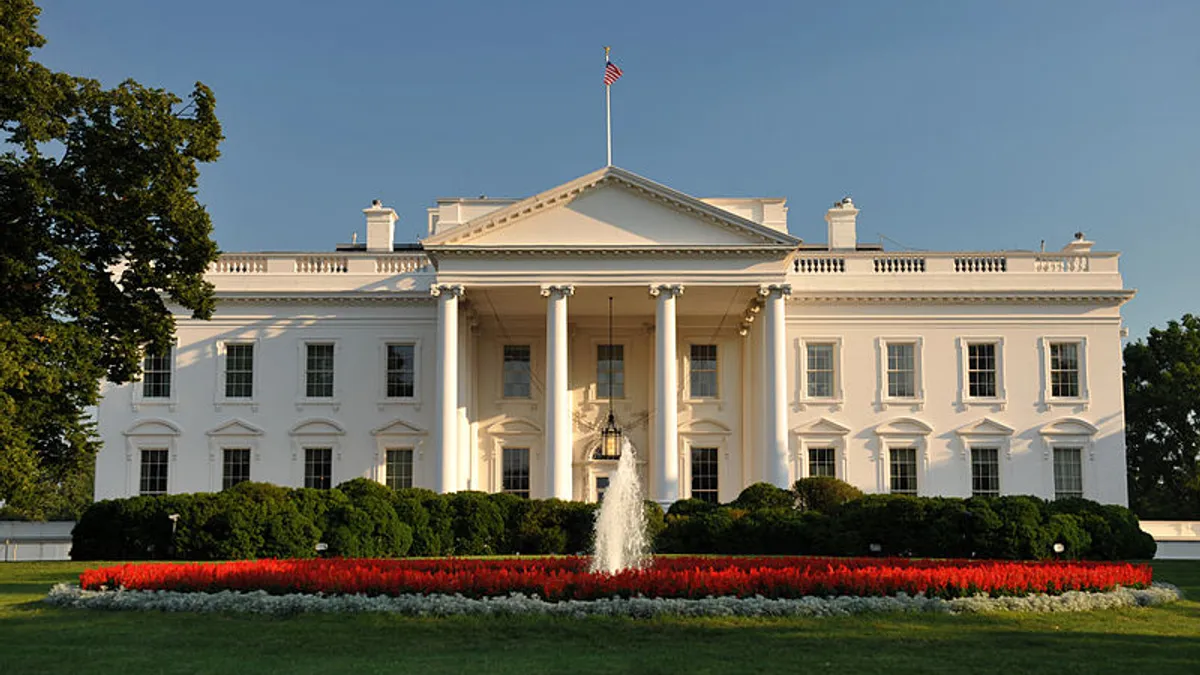Dive Brief:
-
United States and Mexico have committed to negotiate a bilateral agreement for peaceful nuclear cooperation, according to the White House.
-
The agreement is aimed at strengthening the existing legal framework and providing an enhanced basis for the transfer of nuclear technology, fuel, and components between the countries.
-
In addition to enhancing potential power sector emissions reductions, the agreement aims to enhance the capacities of both nations in the supply chain and nuclear fuel services and to facilitate the sharing of best practices.
Dive Insight:
In many regions of the United States, nuclear power plants have been struggling to remain online despite the fact that nuclear power can provide large amounts of CO2 free power.
The U.S. is now working to extend some of those nuclear benefits to Mexico. In a meeting at the White House, Mexico's President, Enrique Pena Nieto, struck an agreement with President Barack Obama that calls for a strenghtening of trade agreements between the countries, including several items related to energy and climate change.
In addition to working toward greater cooperation on nuclear power issues, the countries agreed to work together to reduce methane gas emissions, beginning with a workshop this fall on opportunities to reduce oil and gas sector emissions with the goal of reducing those emissions from 40% to 45% by 2025. The countries are also plan to implement a three-year North American Renewables Integration Study to analyze how system operators and utilities can better manage increasing amounts of renewable energy generation.
The countries also will hold a workshop this fall on market opportunities for combined heat and power in Mexico, and plan to release a geothermal market assessment report for Mexico by October 2016. The countries also plan to hold a clean energy investment roundtable or trade mission before February 2017.













